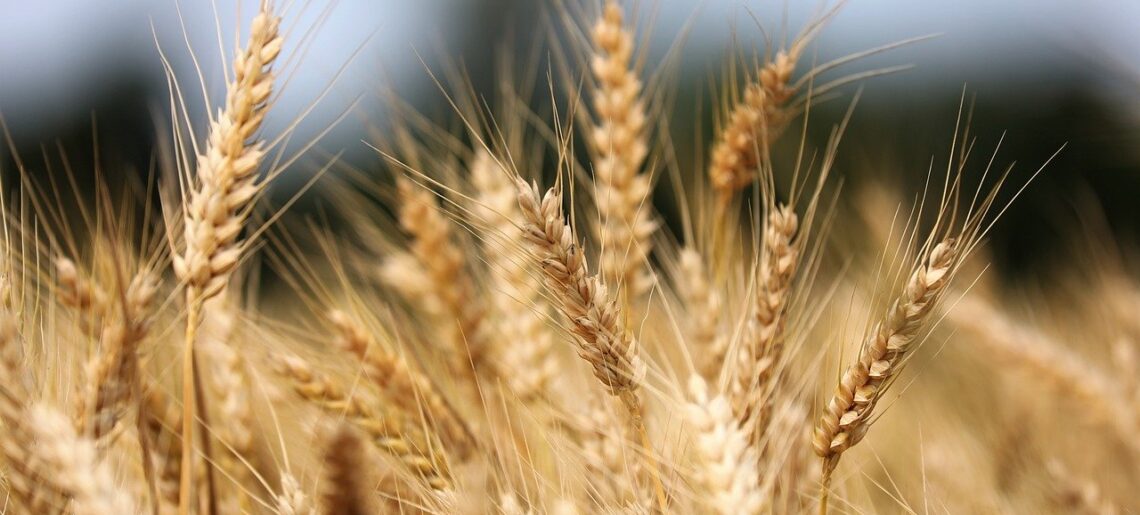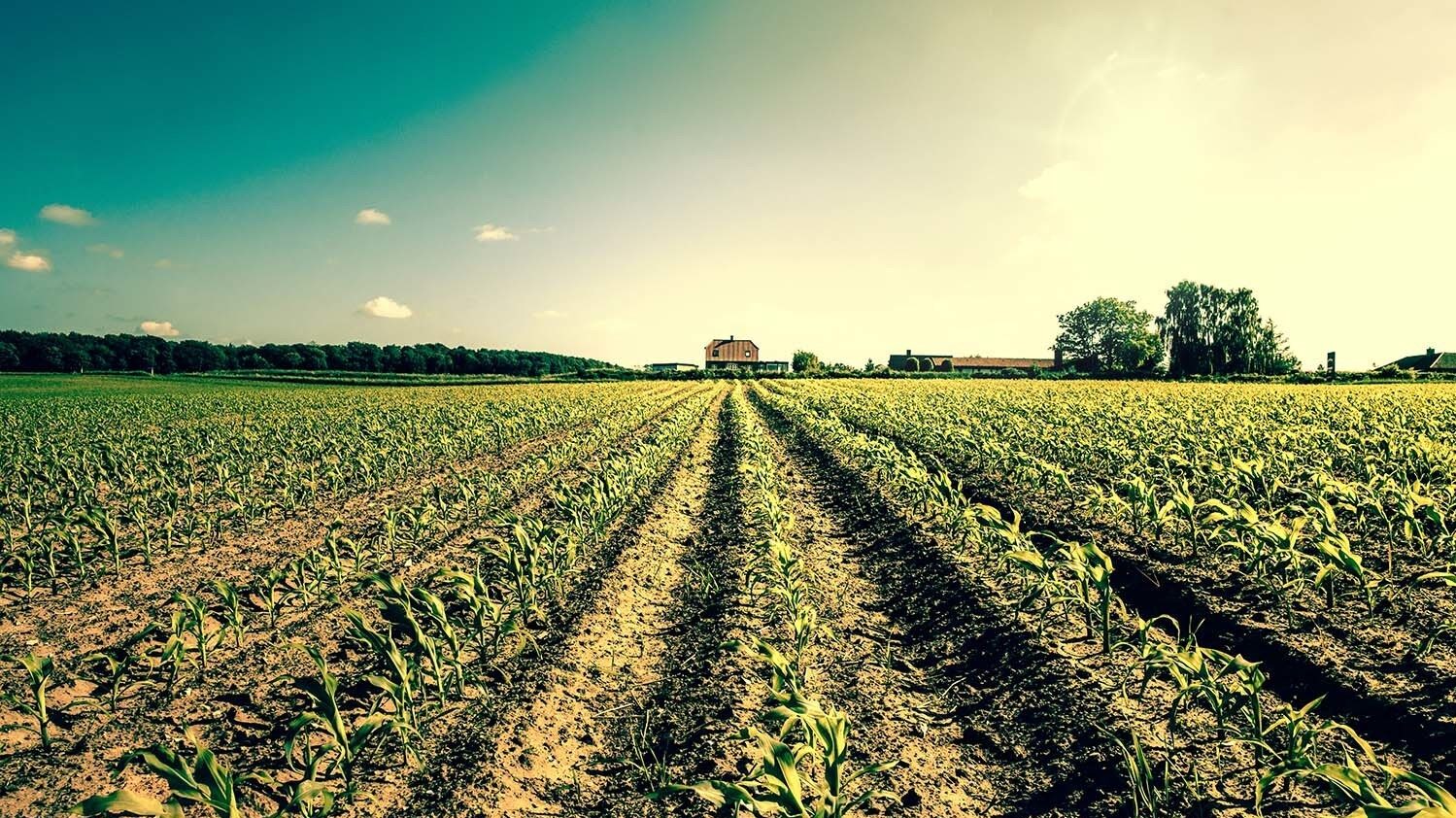South African Agriculture

South African agriculture mainly consists of grains, corn and sugarcane. They are also known producers of table grapes, wine and citrus. Their wine is slowly being recognised as exporters of wine along with sugar, nuts, apples and pears. Although agriculture is not really their strongest industry. They are mostly self-sufficient when it comes to food. But unlike most countries, South Africa manages to be a top exporter of agricultural products. They do not depend on importing what they need, at least not for food.
Their primary crop is Maize, their most important produce. It is a staple food along with other food products like biltong, droewors and other South African goodies, they are slowly widening their agricultural reach. Agriculture is an integral sector in South Africa. It opens up opportunities for their rural areas and brings in much needed much needed income.

South Africa’s largest agricultural sector, though, is livestock farming. Cattle ranching mostly. This is due to the lack of rain, among others that is why more farms are not yielding their usual number of crops and switching to livestock. Most profitable crops would be macadamia nuts followed by fruit trees and berries. Oyster mushrooms and lavender farming can be quite a fragrant choice. Although drought and unwise water use can alter this situation. South African agriculture can take a turn for the worse if this continues.
It’s a good thing that agriculture is not even among the top three industries of South Africa. In fact, South Africa’s best industry with a steady, dependable growth is in the Communications and Information Technology. This is closely followed by manufacturing, tourism and mining and somewhere there would be agriculture. South Africa is the second largest economy in Africa next to Nigeria with its tourism industry placing second in the fastest growing worldwide. Diamond mining is still one South Africa is well-known for. But not just diamonds but also gold, minerals and platinum. This country’s economy although it can slow down a little will not totally halt even with their agriculture shifting from one product to the other. They just need an in depth study of which crops to rotate and they can bounce back.

